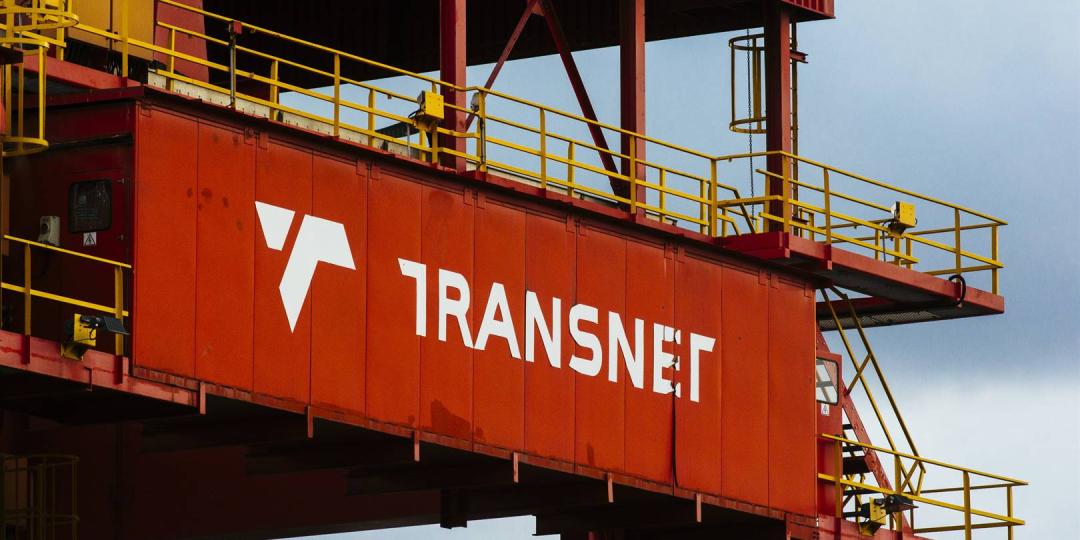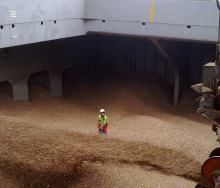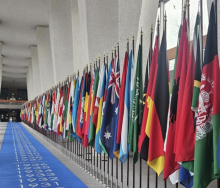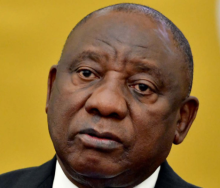The economic impact of the ongoing Transnet strike is mounting as the industrial action bleeds billions of rands in lost manufacturer and business revenue every few days.
The Bureau for Economic Research analysts have warned in their Weekly Review report that the financial losses due to the strike, which is now in its twelfth day, are racking up. The economists also warned that the SA Reserve Bank will bear in mind any settlement agreement between the unions and Transnet, as well as additional recent high-wage settlements in other sectors, when considering its next interest rate move.
“The losses related to the Transnet strike are mounting. The Minerals Council estimates that the strike is costing bulk mineral exporters R815 million in foregone revenue per day as they are unable to rail and load 357 000 tonnes of iron ore, coal, chrome, ferrochrome and manganese onto ships daily,” the BER said.
“In addition, the offloading of crucial imports, including medical supplies and diesel, has come to a standstill, raising anxiety about shortages the longer the industrial action continues.”
Thousands of Transnet workers downed tools on October 6 after Transnet initially offered a 1% pay increase, which it has since adjusted to a hike of between 3% and 5% depending on grade. However, the United National Transport Union and the SA Transport and Allied Workers Union last week rejected the adjusted proposal.
“Based on weekend reports, even the union leadership acknowledges that it is imperative for the strike to end as soon as possible, suggesting a resolution may be in sight. If this is brought about by a multi-year deal of above-inflation wage increases, the end of the strike will also have consequences. We are not just referring to the direct hit to Transnet’s embattled finances, but also how the SARB will view such a settlement,” the BER said.
Finance Minister Enoch Godongwana was quoted in Business Day on Monday as suggesting Transnet will receive financial assistance from the government.
“The details on this, along with a widely expected announcement on an Eskom debt transfer, will be provided in next week’s fiscal statement. The SARB will, of course, not respond to a single wage deal, but we are starting to see a pattern emerge where firms and industry bodies sign multi-year wage deals that are above the expected rate of inflation. This is presumably done to ensure future stability of operations, as well as in response to increased living costs,” the BER said.
“Assuming that affordability criteria are met, this seems rational from an individual firm perspective. However, especially if not accompanied by productivity improvements, it will raise alarm bells at the SARB, which is focused on managing inflation expectations down to 4.5%, and lower, over time.”
The Bureau said it seemed possible, and even likely, that Transnet would offer workers a multi-year wage deal that could reach increases of 6% in future years. Last week, the Automotive Business Council agreed to a three-year deal that will see wages increase by 8.5% this year, followed by a likely 7% rise in the next two years. Mining firm DRDGold also reached agreement on a three-year wage deal, well above targeted inflation.
“Along with sustained US dollar strength, which means that the rand could soon test R18.50/USD, and further near-term aggressive US central bank policy rate hikes, the recent elevated wage settlements in SA mean that the SARB is now expected to hike the policy interest rate by another 75bps at its November monetary policy meeting,” the BER said.













